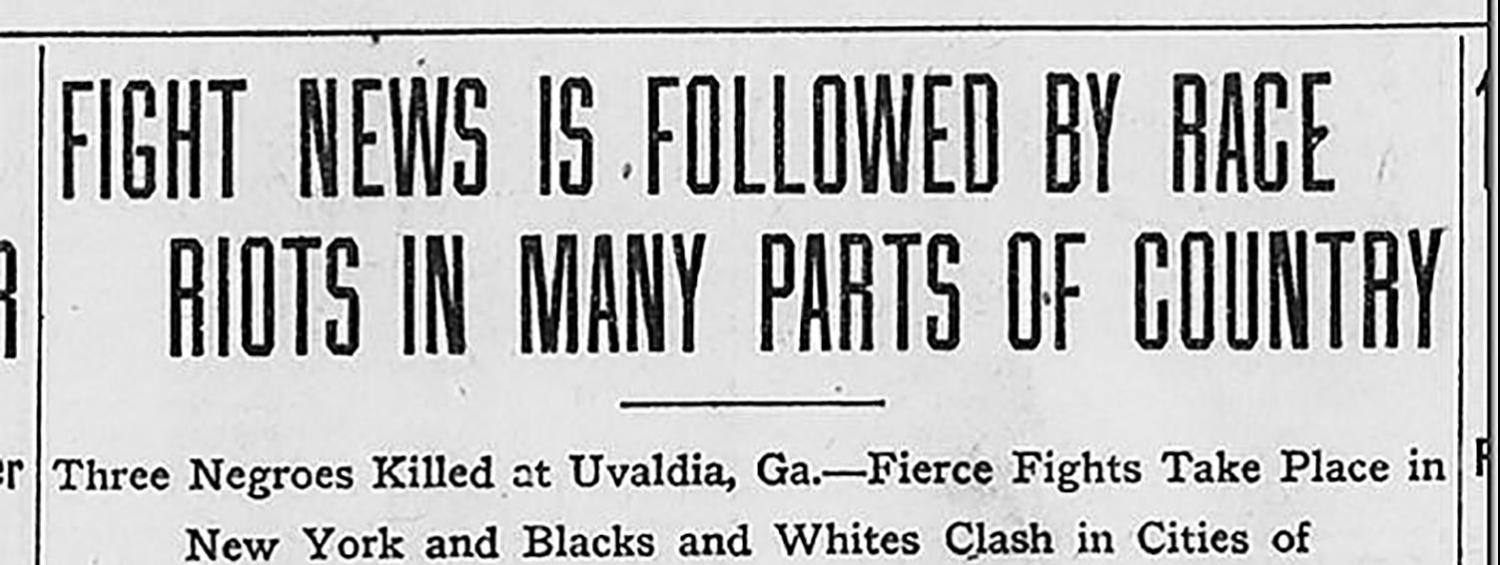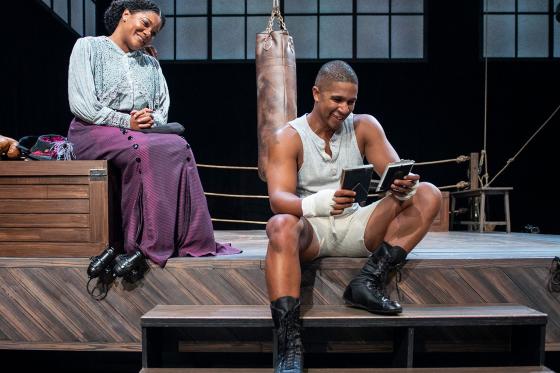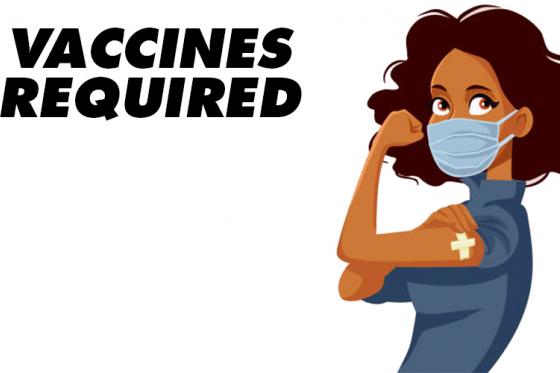The Jack Johnson vs. James J. Jeffries fight took place in Reno, Nevada on the Fourth of July, 1910. Despite the enormous hype, after six years in retirement, Jeffries was no match for Johnson. In defeat, Jeffries admitted, “I could never have whipped Johnson at my best. I couldn’t have hit him. No, I couldn’t have reached him in 1,000 years.” Though Johnson’s victory elated his mostly African-American fans, the cost of his triumph quickly became apparent.
On July 5th, The L.A. Times published an ominous message to those who were excited by Johnson’s victory over Jim Jeffries:
“Do not point your nose too high. Do not swell your chest too much. Do not boast too loudly. Do not be puffed up... Remember you have done nothing at all. You are just the same member of society you were last week... You are not on no higher plane, deserve no new consideration, and will get none... No man will think a bit higher of you because your complexion is the same as that of the victor at Reno.”
This quote characterizes the fear and rage that white boxing fans held around Johnson’s victory. Johnson disproved a long-standing myth about white supremacy in sports. Though black boxers had won other championships before Johnson, many white people viewed the heavyweight crown as the last proof that white men were athletically superior to black men. Now that Johnson had become the undisputed world heavyweight champion, enraged white fans retaliated against the African-American community.
Riots broke out in cities across the country including New York, St. Louis, Omaha, New Orleans, Little Rock, and Los Angeles. A report for The Democratic Banner reads, “Charles Williams, a negro fight enthusiast, had his throat slashed from ear to ear on a streetcar by a white man, having announced too vociferously his appreciation of Jack Johnson’s victory in Reno.” It is difficult to count the number of people who died as a result of the riots, but reports estimate that between 11 and 26 people were killed, the majority of whom were black citizens. Johnson himself arrived home to a parade of celebrating fans, but also faced the threat of violence. The night of his return, police arrested a white man with a rifle who was attempting to break into Johnson’s home.
For black citizens, Johnson’s victory meant increased violence, which caused some to criticize Johnson and claim that he had done a disservice to their communities. However, many celebrated the significant impact of Johnson’s victory. Poet William Waring Cuney wrote the poem “My Lord, What a Morning” in response to Johnson’s victory and the feeling he had when the news arrived. Cuney wrote “Oh, my Lord / Take care of Jack. / Keep him, Lord / As you made him, / Big, and strong, and black” (22-26)
William Pickens, an African-American educator and journalist, wrote for The Chicago Defender, “It was a good deal better for Johnson to win and a few negroes to be killed in body for it than for Johnson to have lost and negroes to have been killed in spirit by the preachments of inferiority from the combined white press. It is better for us to succeed, though some die, than for us to fail, though all live.”
As a response to the rioting and violence that surrounded the fight, in 1912 Congress enacted legislation to ban the film of the fight from being distributed across state lines. This ban lasted until 1940.


c338.jpg?itok=GijoDv0J)




